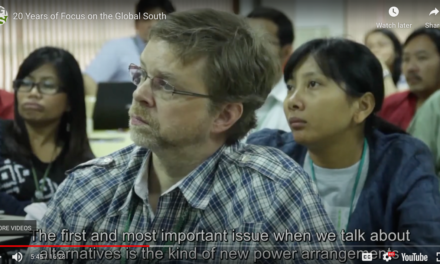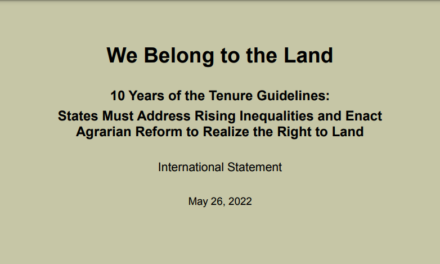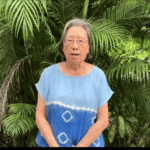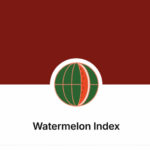Delegates from the world’s developing countries are gathering in Cuba. The Group of 77 represents 80 percent of the planet’s population and is known as the G77. This year’s focus will be on trade and technology.
Our Latin America editor, Lucia Newman, reports from Havana.
Leaders of the world’s largest intergovernmental organizations have arrived in Havana for the South Summit, the top decision-making body of the Group of 77. The G77 was formed in 1964 within the United Nations system by 77 developing countries demanding a new international economic order to give them effective control over their natural resources.
Today, it has expanded to 134 members. The organization’s goal is to allow these emerging countries from the so-called Global South to join forces to articulate and promote their economic interests and strengthen their joint negotiating power on economic issues within the UN system.
Carlos Alzugaray (Diplomatic Analyst): It is not a formal block but it is a negotiating block which is crucial during negotiations inside the United Nations and all the different technical apparatuses that form part of the United Nations.
China has been providing consistent economic support to the G77 since 1994. However, it does not consider itself to be a member. That’s why the meeting of the South Summit is called G77 plus China. This year’s summit theme, chosen by the host, Cuba, is to improve trade, technology transfer, and innovation for developing countries.
Bruno Rodriguez (Cuban Foreign Minister): One of the most important chasms and inequalities in the international order is the exclusion of countries of the Global South from processes of developing knowledge and access to science and technology.
Promoting South to South cooperation is also a top goal.
In many ways the G77 is the flip side of the G7, the club of the world’s most developed economies. But while the Group of 77 may not be the richest countries in terms of GDP, together they had the most resources, a none too small fact that reminds them of their strength in numbers.
Lucia Newman, Al Jazeera, Havana.
Walden Bello is the founder and co-chairperson of Focus on the Global South, a research and advocacy institute. He’s also an international adjunct professor of Sociology at the State University of New York in Binghamton. You’re joining us from Bangkok today. Sir, what does the G77 believe in? What does it want?
Walden Bello: I think that the G77 has always stood for non-alignment in great power conflicts. It wants respect in global affairs and wants to ensure that its economic development, or the economic development of these countries, can proceed without hindrance from the big powers. The G77 might have limited political power, but symbolically, it represents what countries in the South are aiming for: faster development and non-interference in both their political and economic affairs, particularly from the West.
You mentioned non-alignment, that’s a concept that arose during the Cold War when the world was being pulled between the U.S and the Soviet Union. Is that still a relevant concept today?
Walden Bello: Yes, it is still a relevant concept. I think we’ve seen how most of the G77 countries have not allowed themselves to be pulled into the conflict in Ukraine. Many of them did condemn Russian invasion but beyond that in terms of either being Pro-Russian or Pro-West, most of them have really not been pushed into a position and they refuse to be pushed into a position on that. What they’re concerned about at this point when it comes to the Ukraine-Russian conflict is that they continue to get the supplies of grain from Ukraine and from Russia, and that the war does not interfere with this. Which is the reason why many of these countries have been constantly calling for peace and negotiations between Ukraine and Russia because it is affecting their food supplies and they want to make sure that the supplies continue to go to them without interference. And this is why they’ve taken quite a neutral position when it comes to the conflict between Ukraine and Russia and in fact, they have resisted tremendous pressure from the United States and the West to side with Ukraine.
Walden Bello, founder and co-chairperson of Focus on the Global South, thank you for joining us on the program today.
Walden Bello: Thank you for inviting me.









